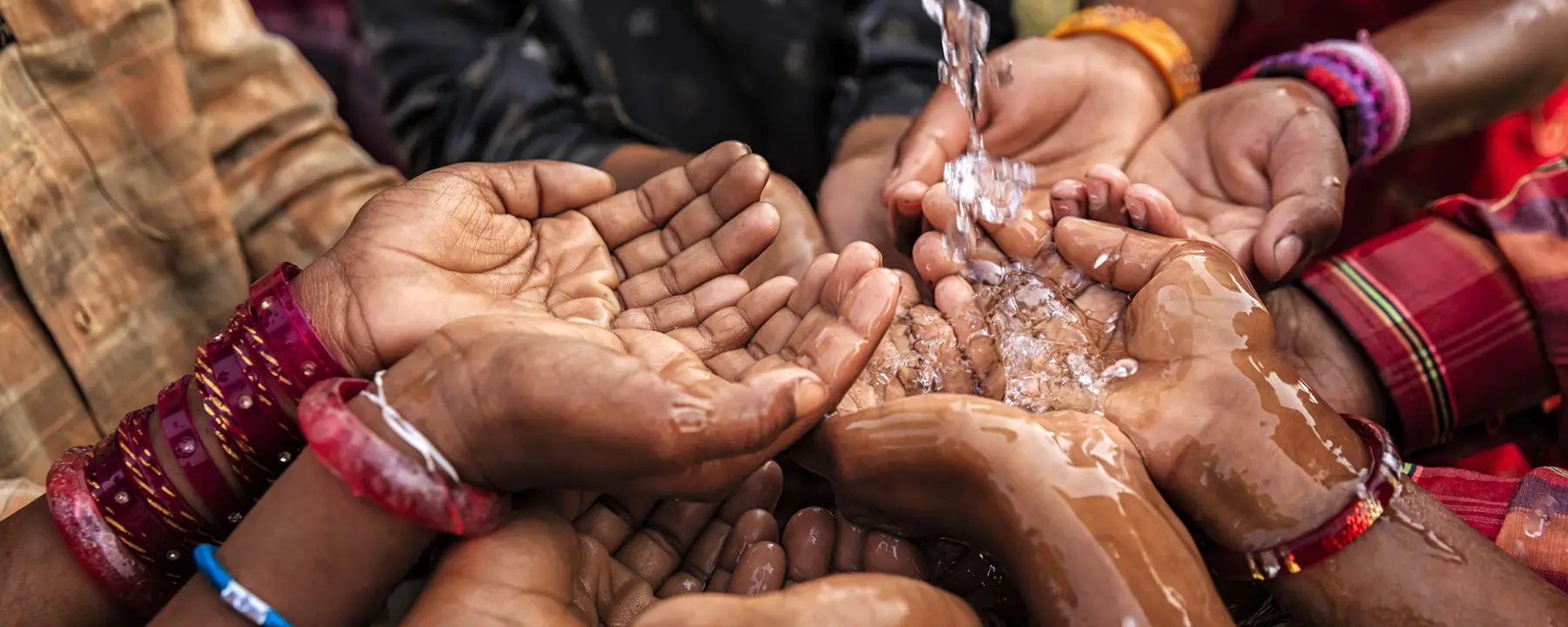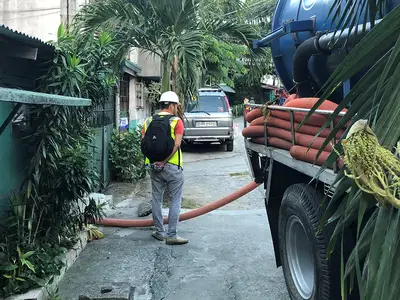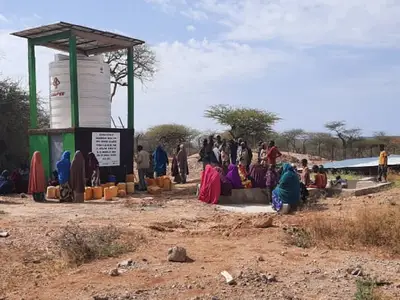As urban populations grow, critical services like water and sanitation are struggling to keep up
As urban populations grow, critical services like water and sanitation are struggling to keep up. Poor planning, lack of attention, and other factors have deteriorated many urban sanitation systems so they cannot meet rising demand. And the risk of disease outbreaks, groundwater contamination, and sub-standard living conditions increase as a result.
RTI supports cities around the globe to assess urban sanitation challenges and implement integrated and innovative measures that improve residents’ access to essential water, sanitation, and hygiene (WASH) services. We develop solutions that support safe and dignified sanitation methods.
Providing integrated urban sanitation solutions
Our teams use evidence-based sanitation mapping assessments to recommend interventions supporting good governance, private sector engagement, and hygiene behavior change.
Working with urban stakeholders — including policymakers, service providers, the private sector, and community groups — we support the collaborative development and implementation of city-wide inclusive sanitation (CWIS) strategies. Our urban sanitation solutions integrate the needs of multiple sectors — such as water and solid waste — address current infrastructure constraints, include social and behavior change initiatives, and leverage both private and public financing options.
We prioritize the involvement of communities in this work, recognizing their input is essential to achieve equitable access to WASH services. For example, in Nigeria, we worked closely with civil society organizations (CSOs) to support the formation of WASH school clubs, women’s groups, and youth groups. These CSOs facilitated community dialogues on sanitation, supported groups to advocate to local government leaders, and amplified sanitation issues through collaborations with media networks.
Related Projects
Effective Water, Sanitation, and Hygiene Services in Nigeria (E-WASH)
Read More about Effective Water, Sanitation, and Hygiene Services in Nigeria (E-WASH)





